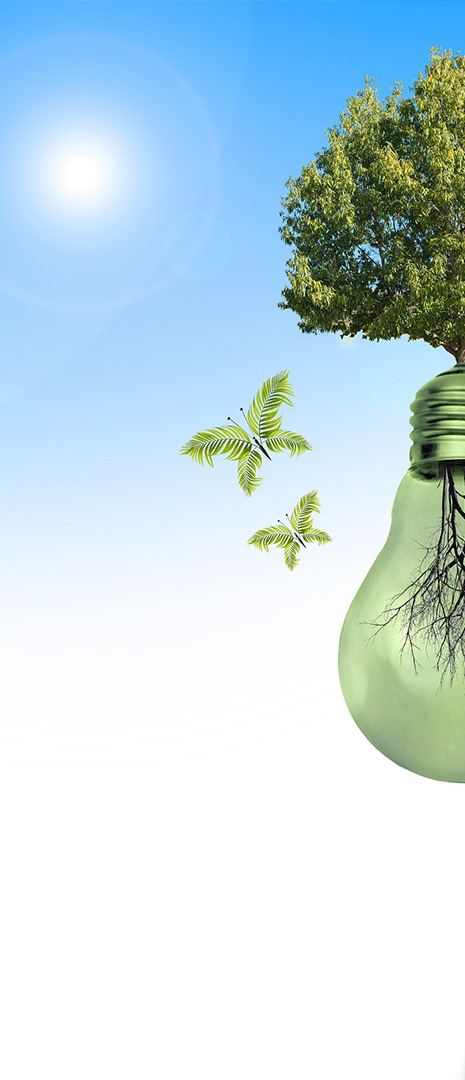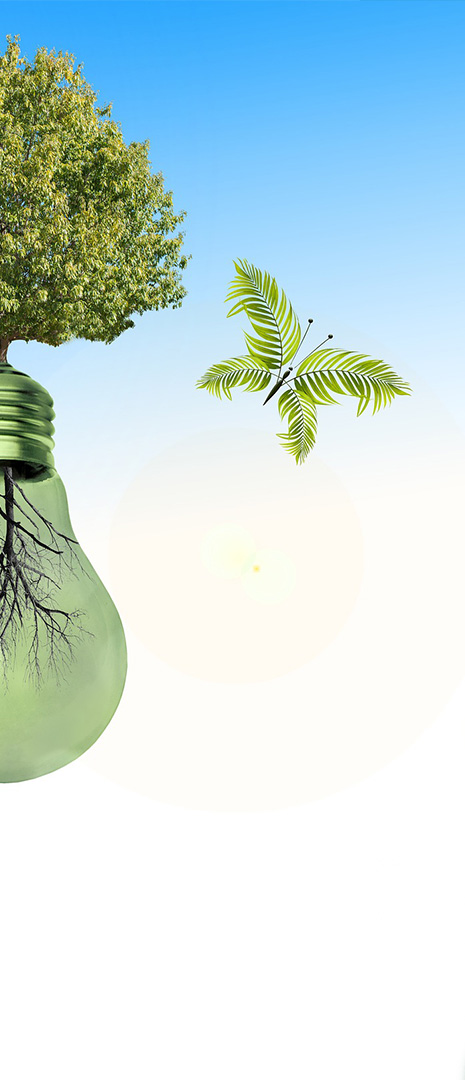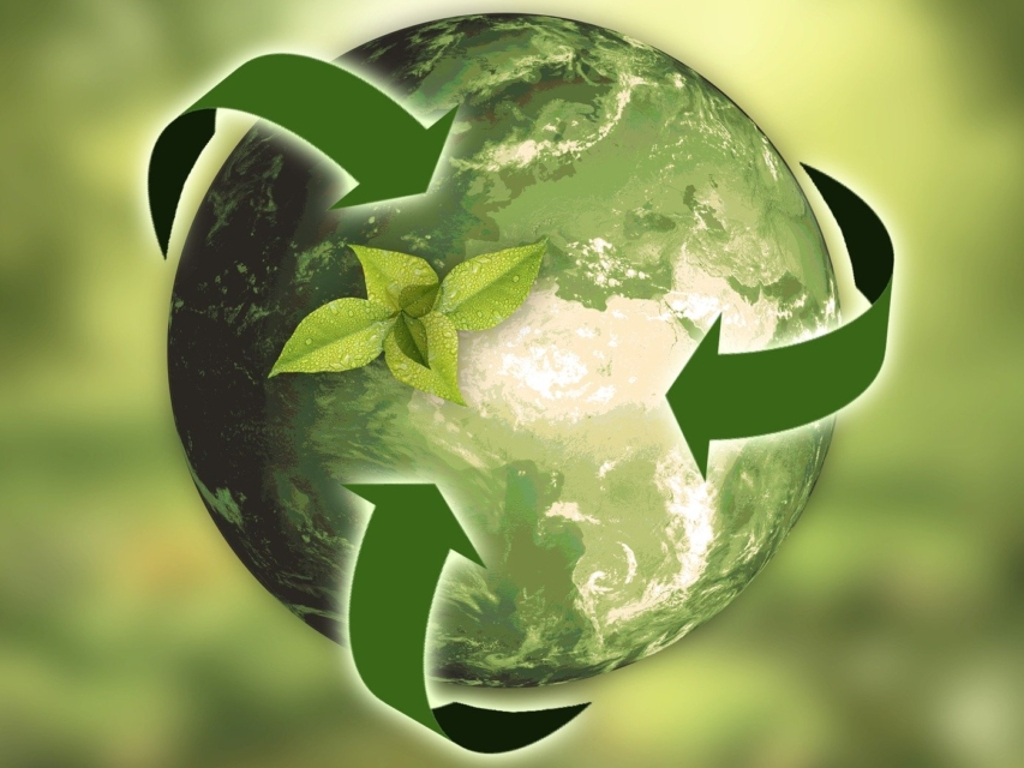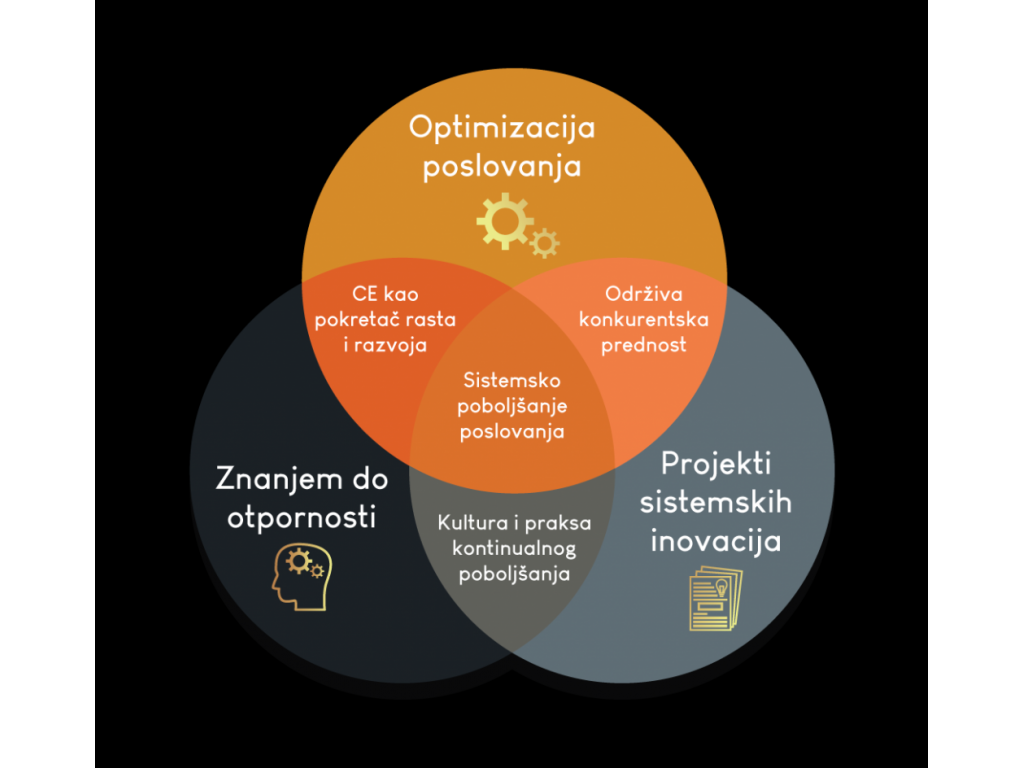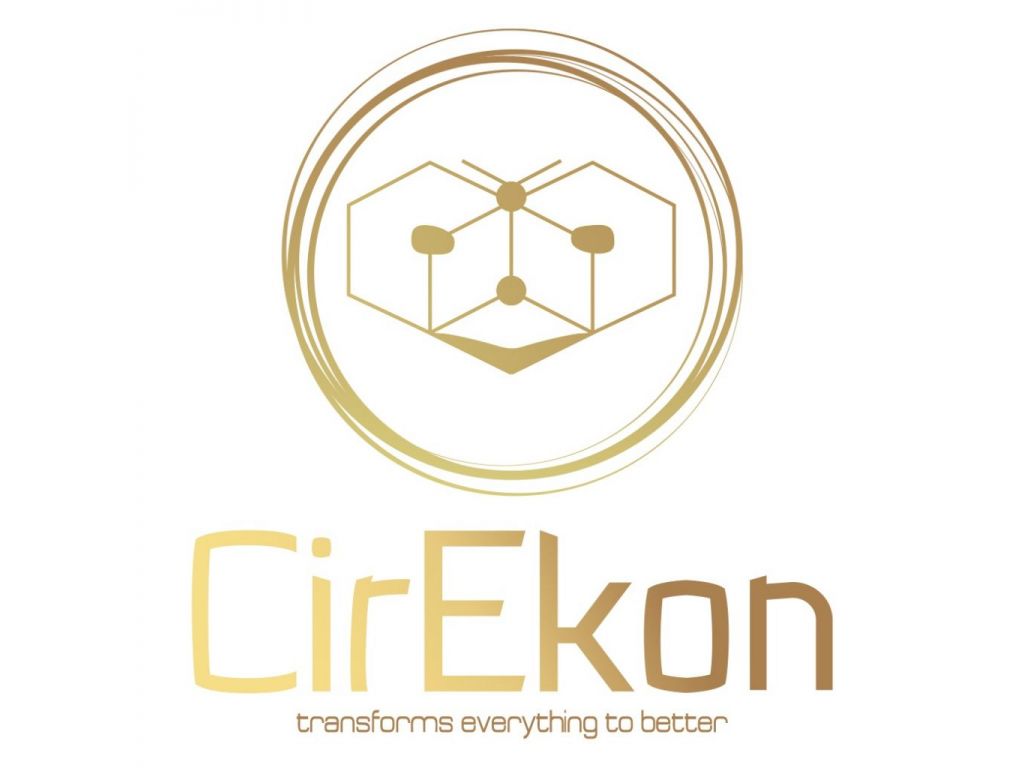CirEkon – Investing in Circularity Means Investing in a Successful Business Future and Well-Being of the Whole Community
Faced with modern global challenges which are a direct consequence of decades of an irresponsible approach to natural resources and the living environment, we have come to a historic moment when we have to change the way we think and operate, in order to give a chance to economic and social development and recovery.
Linear economy models, which rely on the take-make/use/discard concept have as their final result an uncontrolled exploitation of natural resources and a continuous increase in the generation of waste. That leads us to the question what happens when we use the available resources? Circular economy offers a set of systemic changes and mechanisms whose implementation inevitably leads to economic growth and development, while also preserving the environment.
Linear economy models, which rely on the take-make/use/discard concept have as their final result an uncontrolled exploitation of natural resources and a continuous increase in the generation of waste. That leads us to the question what happens when we use the available resources? Circular economy offers a set of systemic changes and mechanisms whose implementation inevitably leads to economic growth and development, while also preserving the environment.
Switching from linear to circular economy has become a global trend. The Sustainable Development Agenda Until 2030 and the Paris Climate Agreement (2016) were adopted, whose signatory states obliged to contribute to a reduction of emissions of greenhouse gases on a global level. The National Assembly of the Republic of Serbia ratified the Paris Agreement (2017). The Road Map for Circular Economy in Serbia was prepared, and the Green Agenda for Serbia was signed as well, which sets for our country a clear path toward a “green transition”.
Through the EU Directive on eco design, the European market proscribes for each imported product to meet certain criteria regarding energy and resource efficiency of products, and there are also active efforts toward amending the regulations which will make those indicators stricter, which also directly dictates the requirements toward all business entities in Serbia which strive to be competitive outside the country’s borders. A satisfactory market share can only be achieved if companies are ready to adapt to the coming changes.
In addition to several parallel processes which incite the implementation of circular economy, such as amendments to the legal framework, education and informing the actors, exchange of knowledge and experience on national, regional and international levels, the main role belongs to the circular economy design, because that is what initiates the pre-conditions for a successful realization of the remaining phases (production, use, waste management). The circular economy design is a way of systemic thinking that entails knowing the final functional needs of consumers very well, understanding the way that the product will be used throughout its life cycle, enabling the establishment of circular strategies through a design for repairability, recovery of materials, clean cycles, and the moment on which the quality and the duration of the use of the product itself depend. A responsible approach to all components is implied, so as to successfully avoid the generation of waste and extend the life cycle of the product and thereby preserve the value of the product. Just like switching to circular economy is a new need of economic development and progress, the circular economy design is a guarantee of a successful implementation of circular business operations.
________________________________________
________________________________________
________________________________________
https://cirekon.rs/
Author: Milan Veselinov, founder and director of CirEkon
